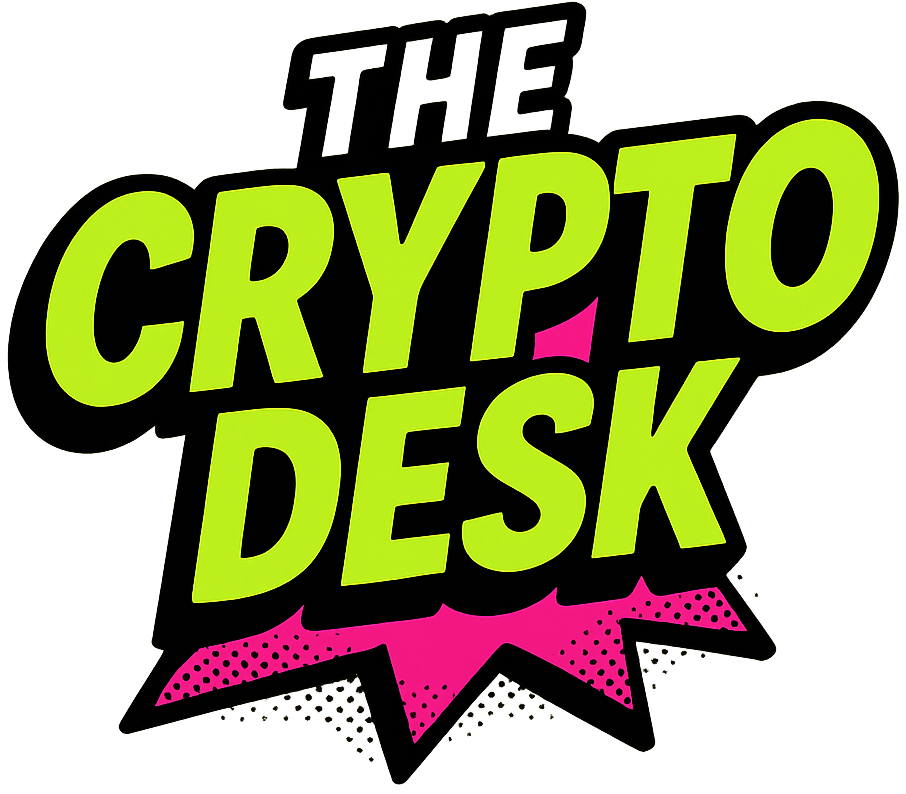New Legislation Aims to Tackle Emissions from Data Centers and Crypto Mining
In an ambitious move to combat the environmental impact of energy-hungry computing operations, a new draft bill has emerged in the U.S. Senate. This legislation, known as the “Clean Cloud Act,” seeks to impose emissions-related fees on data centers that support blockchain networks and artificial intelligence (AI) operations when they surpass proposed federal environmental standards. This initiative, revealed in a Bloomberg report on April 11, could significantly reshape the landscape of energy use in the tech industry.
Understanding the Clean Cloud Act
Introduced by Democratic Senators Sheldon Whitehouse and John Fetterman, the Clean Cloud Act directs the Environmental Protection Agency (EPA) to develop emissions performance standards specifically for large data centers and crypto mining facilities boasting more than 100 kilowatts of installed IT capacity. These standards are designed to target emissions based on regional grid performance, aiming for an ambitious 11% annual reduction in greenhouse gas emissions.
The bill stipulates financial penalties for facilities that fail to meet these standards. Initially, emitters would face a fee of $20 for each ton of carbon dioxide equivalent (CO2e) produced, with the cost rising annually by inflation plus an additional $10. This provision highlights the urgent need to address the surging energy demands of data centers and crypto mining operations, which are outpacing the growth of sustainable energy supplies. According to projections, these centers could consume as much as 12% of the total U.S. electricity supply by 2028, driving concerns over potential energy price increases for consumers.
Why This Matters
The significance of the Clean Cloud Act extends beyond just regulatory compliance; it represents a crucial effort to reconcile technological innovation with environmental stewardship. As energy consumption increases in tandem with the explosive growth of cryptocurrency and AI, the industry faces mounting scrutiny regarding its carbon footprint. With research from Morgan Stanley suggesting that global data centers may be responsible for an astonishing 2.5 billion metric tons of CO2 emissions by 2030, the need for stringent regulations becomes clear.
Industry Reactions
Despite the intent behind the Clean Cloud Act, some industry stakeholders have openly criticized the bill. For instance, Matthew Sigel, head of research at VanEck, termed the proposal a “misguided attempt to shift blame” onto server infrastructures, particularly Bitcoin mining. He characterized the approach as part of a “losing strategy,” suggesting that this could harm investment in innovative technologies.
Dems Double Down on Losing “Blame the Server Racks” Strategy. New bill from Sens. Fetterman & Whitehouse would hit AI & crypto data centers with fees if they exceed regional emissions averages. EPA & EIA would track energy use. Proceeds to ratepayer relief & “clean” energy. pic.twitter.com/psXhlDDgl0— matthew sigel, recovering CFA (@matthew_sigel) April 11, 2025
Potential Conflicts with Current Policies
The proposed legislation also stands at odds with the current administration’s stance on technological innovation, particularly regarding cryptocurrency and AI. Former President Donald Trump has recently reversed executive orders from President Biden aimed at regulating AI safety, advocating instead for the United States to emerge as a global leader in cryptocurrency and AI advancements. This strategic pivot may further complicate the implications of the Clean Cloud Act.
Crypto Miners: A Shift Towards AI
In light of these changes, many crypto mining firms are exploring new avenues within the AI sector. Companies like Galaxy, Core Scientific, and Terawulf are now embracing high-performance computing (HPC) services to cater to AI applications, utilizing their existing infrastructures to optimize efficiency. Core Scientific, for example, has partnered with AI startup CoreWeave, with projections suggesting revenue generation of approximately $3.5 billion over the next 12 years.
Core Scientific CEO Adam Sullivan shared insights into this transition, emphasizing their strategy to repurpose around 500 megawatts of capacity for AI-focused facilities. This initiative has the potential to create one of the largest GPU installations dedicated to AI globally, illustrating the innovative adaptations being made within the sector.
Looking Ahead: The Future of Data Centers
As the Clean Cloud Act progresses, its implementation could significantly impact how data centers operate, pushing them toward more sustainable practices amid growing scrutiny. The juxtaposition of environmental responsibility and technological advancement raises pressing questions: How can the tech industry balance innovation with ecological sustainability? Will regulations like these discourage investment or spark a new wave of innovation focused on clean energy?
In conclusion, the Clean Cloud Act is not merely a regulatory measure; it is a call to action for an industry at a crossroads. As stakeholders navigate these turbulent waters, the conversations surrounding emissions, energy consumption, and technological progress will undoubtedly shape the future of both cryptocurrency and AI. What are your thoughts on this legislation? Join the conversation and share your insights!

